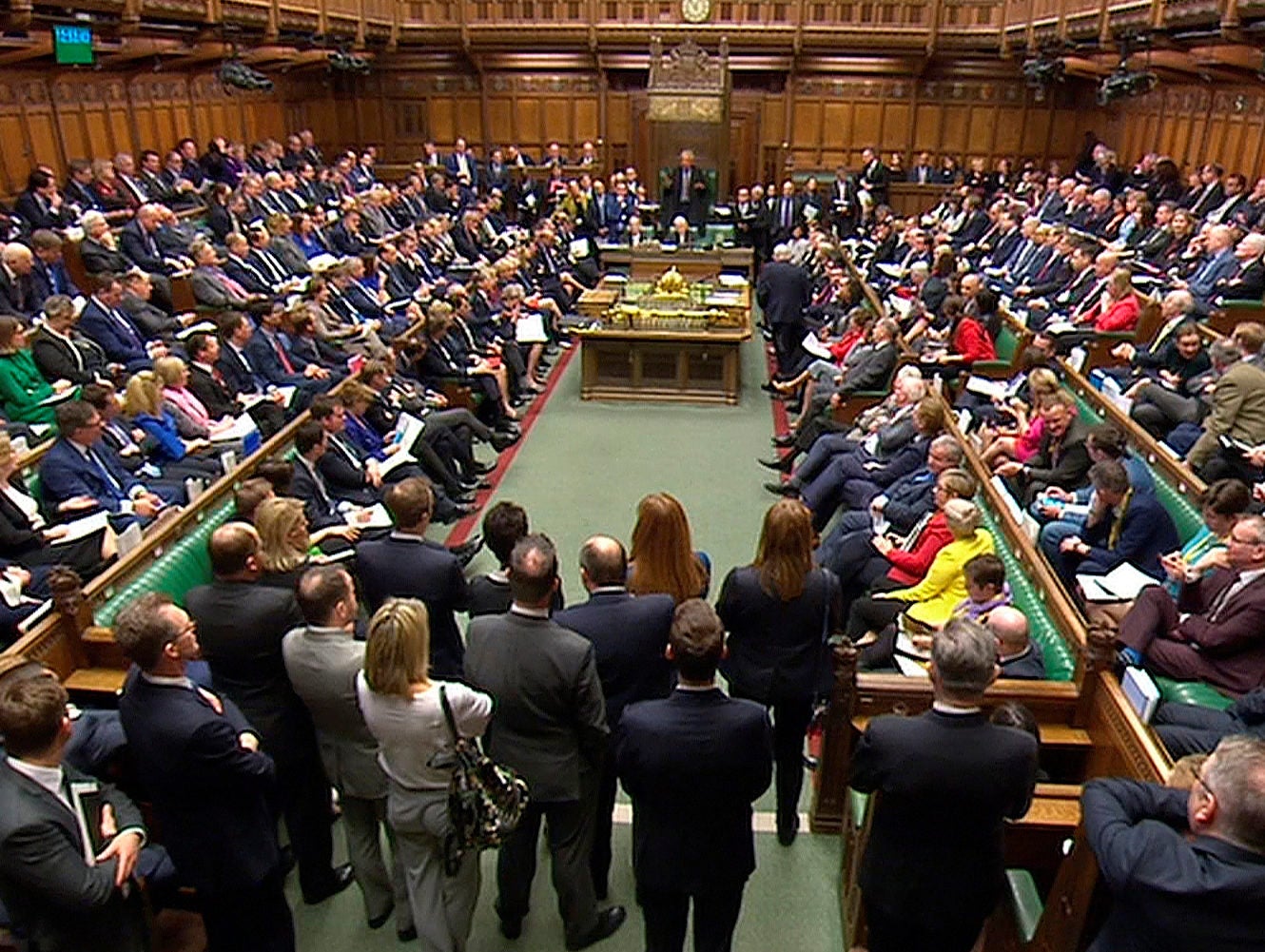
Provisions inserted into the Data Protection Bill, which would have left newspapers having to pay all the costs of legal actions brought against them over information they hold, have been defeated.
The provisions, in clauses 168 and 169 of the bill, were removed yesterday during the committee stage of its progress through the House of Commons.
But the battle to ensure that they do not become law is not yet over.
Labour is widely expected to try to reinsert the requirements when the bill reaches the report stage, which has to take place within a fortnight of the completion of the committee stage – due to end next week.
There is also a strong possibility that peers might seek to reinsert the provisions when the bill returns to the House of Lords.
The costs provisions, inserted into the bill in the House of Lords, apply to data protection cases only, but mirror those in Section 40 of the Crime and Courts Act 2013.
These apply to claims against newspapers for defamation, malicious falsehood, privacy and harassment, and say that, whether they win or lose, newspapers must be made to pay the costs of all parties unless they are registered with a regulator recognised under the Royal Charter.
Currently, the only recognised regulator is Impress – which lists about 100 publications as members, although it counts the print and online versions of a publication as separate entries. Most of its members are hyperlocal news websites.
The vast majority of the UK press is signed up to the Independent Press Standards Organisation, which is funded by the industry.
Newspapers object to joining the Royal Charter system, which they see as being akin to state regulation.
They are also concerned because much of the funding for Impress comes through arms-length arrangements made by former Formula One chief Max Mosley.
The Government opposed the Lords’ amendments to the Data Protection Bill during yesterday’s committee stage.
It has already declared that it intends to repeal Section 40 of the 2013 Act when it has a suitable legislative opportunity.
It won votes overturning the amendments introducing the costs provisions as it has a majority on the committee, as well as a further vote removing from the bill a further amendment from the Lords which would have committed it to holding a Leveson-style inquiry into allegations of data protection breaches committed by, or on behalf of, news publishers.
On 1 March, Culture Secretary Matt Hancock told the Commons that it would not be going ahead with the second part of the Leveson Inquiry, which had been due to look into unlawful conduct within media organisations as well as relations between police and the press.
Reopening the “costly and time-consuming” inquiry – which reported on press regulation and ethics in 2012 – was not “the right way forward”, he said.
Yesterday, former journalist Peter Heaton-Jones, Conservative MP for North Devon, told the committee that although there was still malpractice in the newspaper industry, holding the second stage of the Leveson Inquiry would not solve the problem as it would not be “some sort of cleansing disinfectant”.
Clauses 168 and 169, inserted by the House of Lords, also had to be defeated, as they sought to enact Section 40 of the 2013 Act, he said.
“Quite simply, that will encourage a lot of entirely superfluous and vexatious legal actions to be brought by people who just have some kind of beef against the media and pockets bulging with cash that allows them to do so,” he said.
“When, as will inevitably happen, the media wins the case, because it was built on sand, the media organisations concerned will be put out of business by the requirement to pay the legal costs on both sides.”
He went on: “Section 40 will have precisely the opposite effect to what probably anyone listening would hope it to have.
“It will be an extraordinarily damaging measure for the future of the freedom of the press in this country.
“It will have the effect of preventing publication of material which is in the public interest and which is true, legitimate, and fair, because newspaper proprietors will not be able to afford the risk of going to a court case which they win but still have to pay the costs.
“It will be an incredible impediment to the free press in this country.”
For that reason more than any other it was necessary for the committee to reject the Lords’ amendments, he said.
Former journalist Matt Warman, Conservative MP for Boston and Skegness, told the committee that Section 40 sought to “punish the victim”.
“That would obviously have a clear chilling effect not only on our local newspapers, which are often on the brink of bankruptcy, but on the broader media,” he said.
“We can look at fantastic pieces of journalism even today, such as the one about Cambridge Analytica.
“The Guardian itself says: ‘Please, we would like your donations so we can keep our valuable journalism free’- the paper has had to fight off three pieces of legal action by Cambridge Analytica and one from Facebook.”
Warman added: “If every single investigative journalist was constantly living under the threat of their piece of work costing the newspaper and their boss tens of thousands of pounds, they simply would not get hired, never mind allowed into print.”
Picture: Parliament TV/Reuters
Email pged@pressgazette.co.uk to point out mistakes, provide story tips or send in a letter for publication on our "Letters Page" blog
